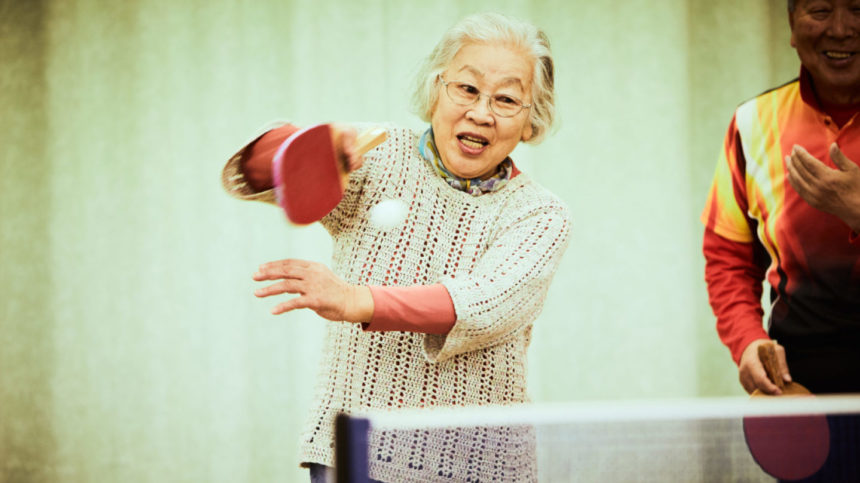
A unique two-phase health study has shown that improved cardiorespiratory fitness is strongly linked to lower dementia risk in older adults.
Surprisingly, the risk for developing dementia was 48% lower for those who started with low fitness and moved to higher fitness levels in the decade between two large population health surveys, said Atefe Tari of the Norwegian University of Science and Technology.
“If you increase your cardiorespiratory fitness from poor to good you almost halve the risk of getting dementia,” Tari said. “You also reduce the risk of dying from or with dementia.”
Researchers used data from the HUNT surveys, which measured the health status among Norwegian adults in two phases in the 1980s and ‘90s. Study participants who had poor cardiorespiratory fitness in the 1980s but improved it within the next decade delayed dementia by two years. They also lived two to three years longer after being diagnosed with cognitive decline, Tari wrote.
“It is important to say that it is never too late to begin exercising. The average participant in our study was around 60 years old at baseline, and improvement in cardiorespiratory fitness was strongly linked to lower dementia risk,” Tari reported.
The surveys’ design also allowed the study team to answer the perennial chicken-and-egg question of which comes first – poor fitness or cognitive decline, said Tari. They were able to perform a separate analysis excluding people who got dementia or died during the first few years of the follow-up period (the results remained the same). The researchers were also able to account for numerous, well-known dementia risk factors.
“Persistently low fitness is an independent risk factor for dementia and death due to dementia,” Tari and colleagues concluded.
The results do not mean that regular physical activity guarantees good brain health, Tari added. Based on her findings, she recommends high-intensity exercise that significantly elevates the heart rate for at least two days each week.
“Regular exercise that makes you sweaty and out of breath will ensure your fitness will be good for your age,” she said.
The results were published in the November issue of The Lancet.




